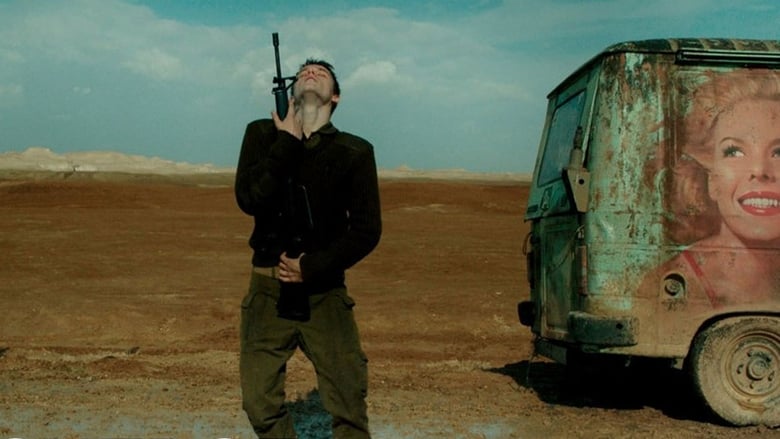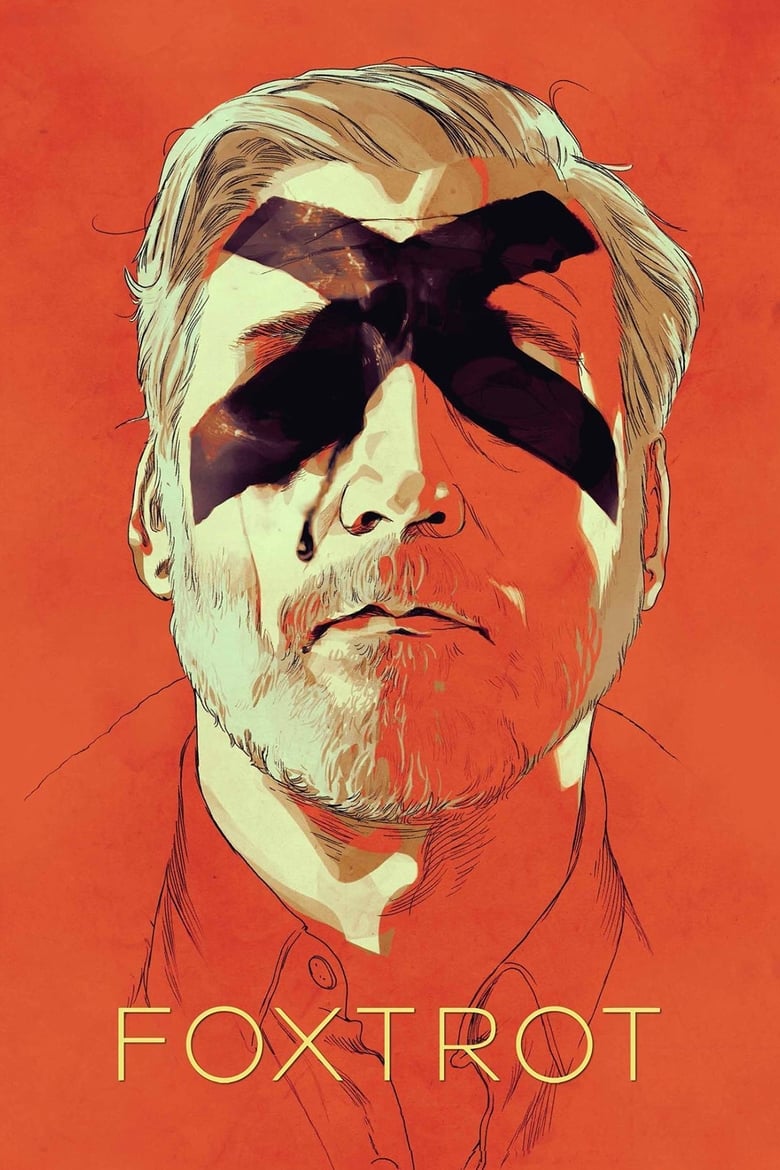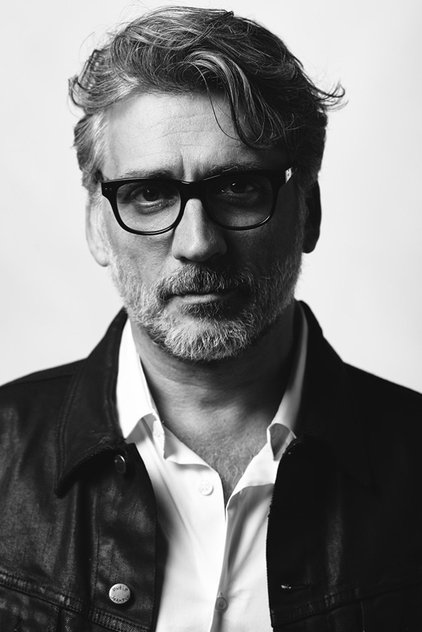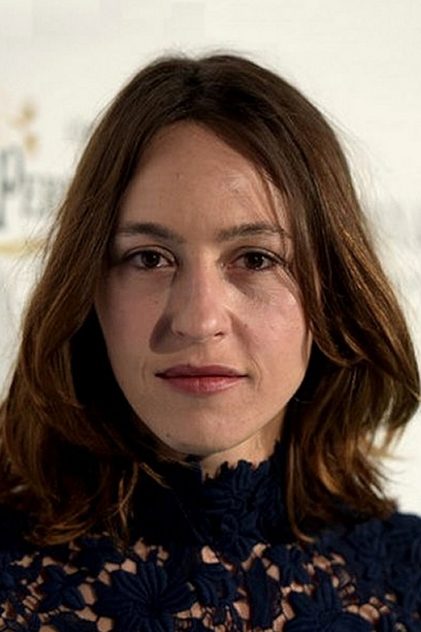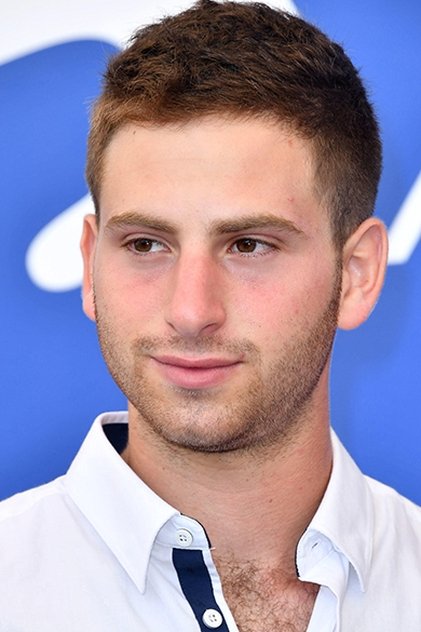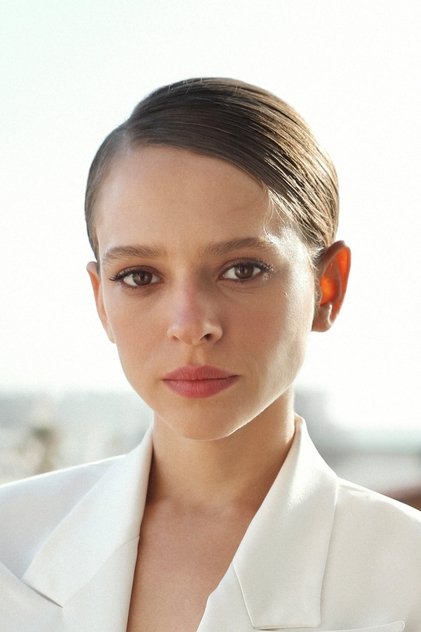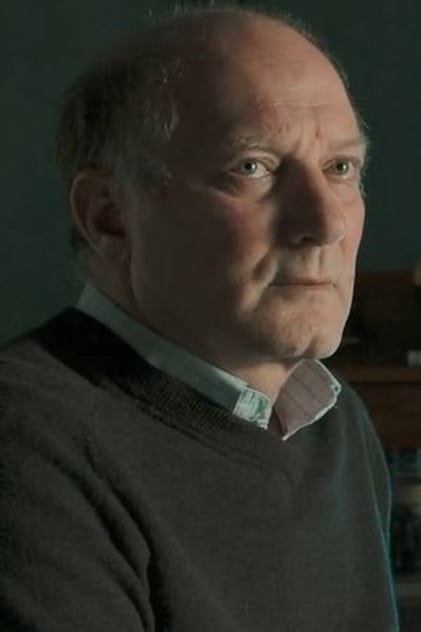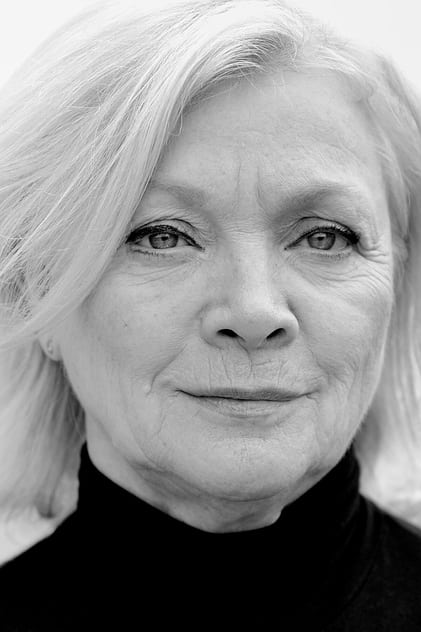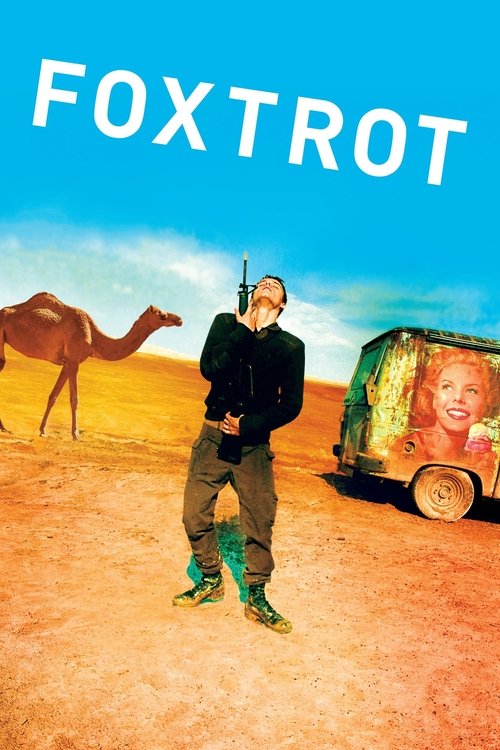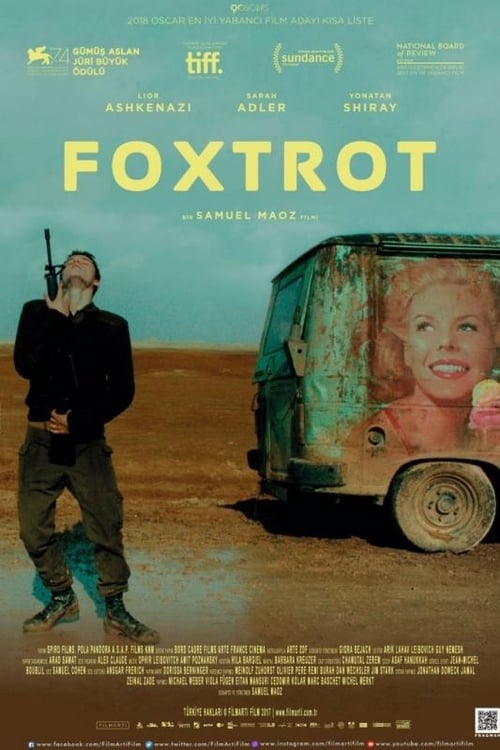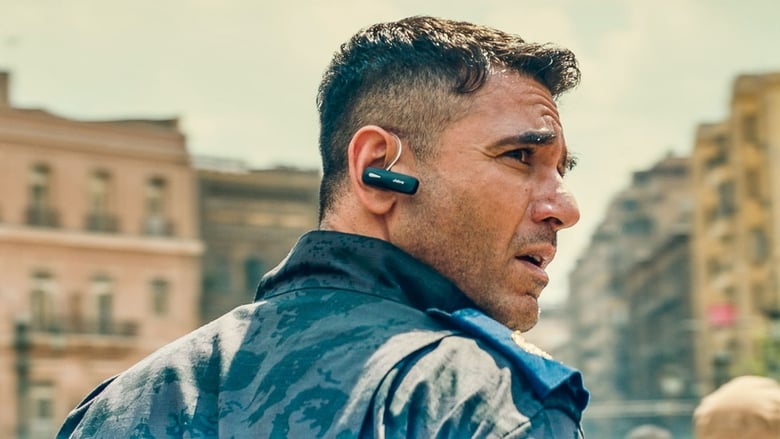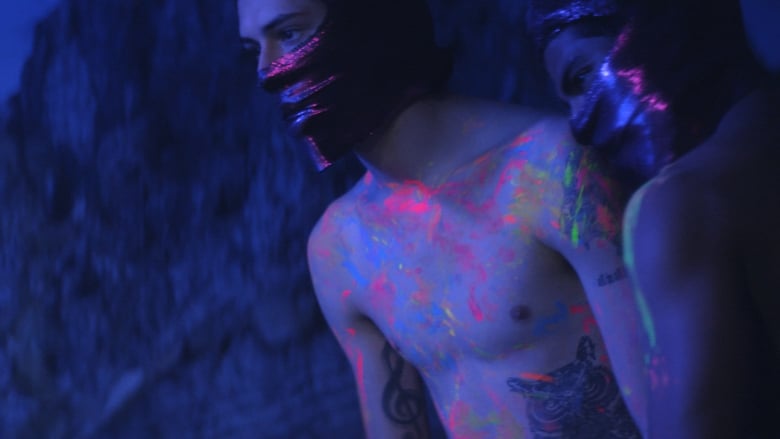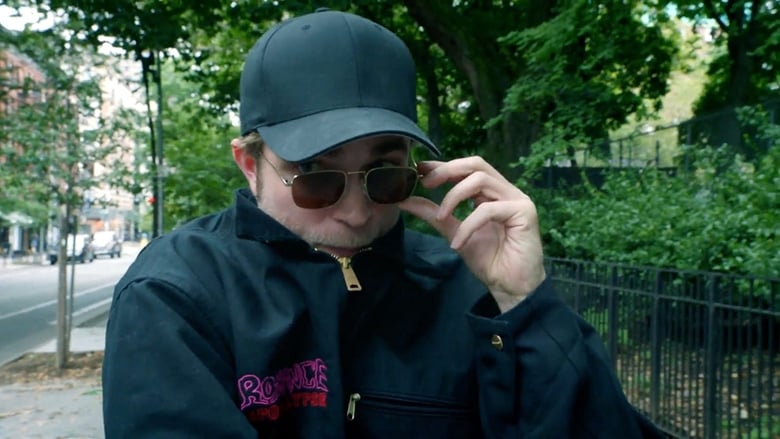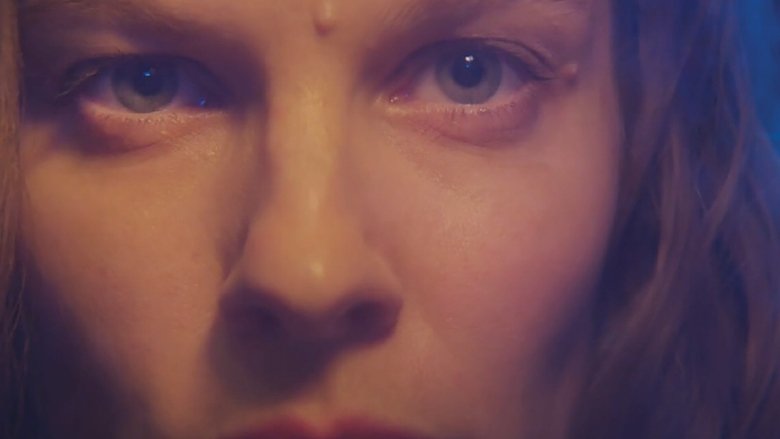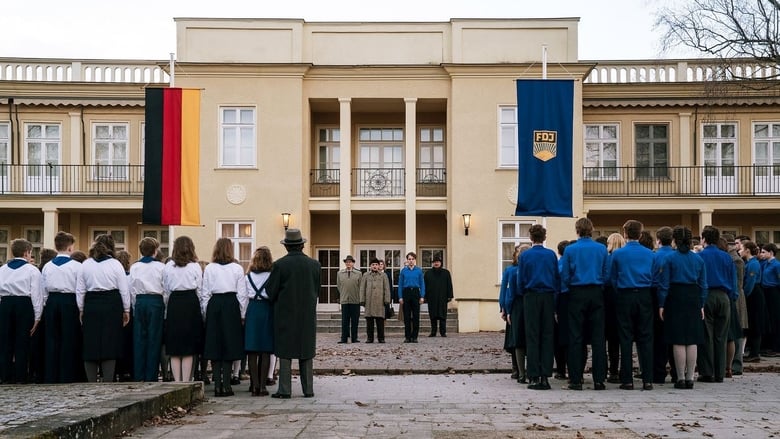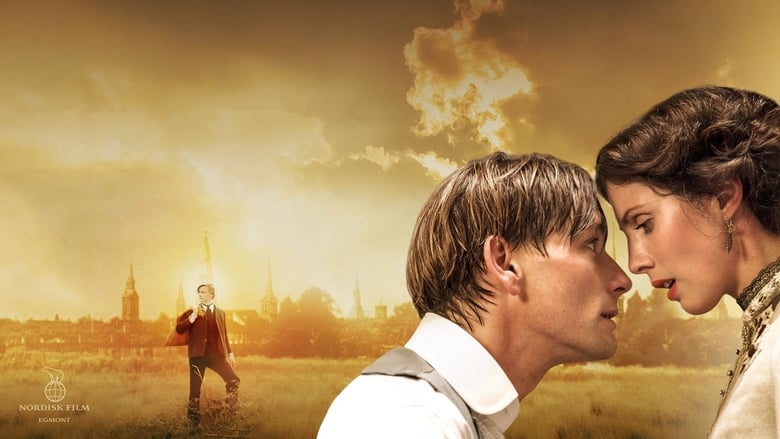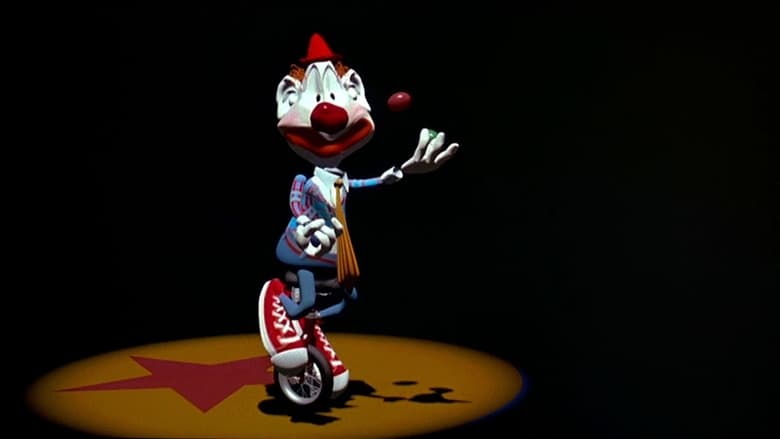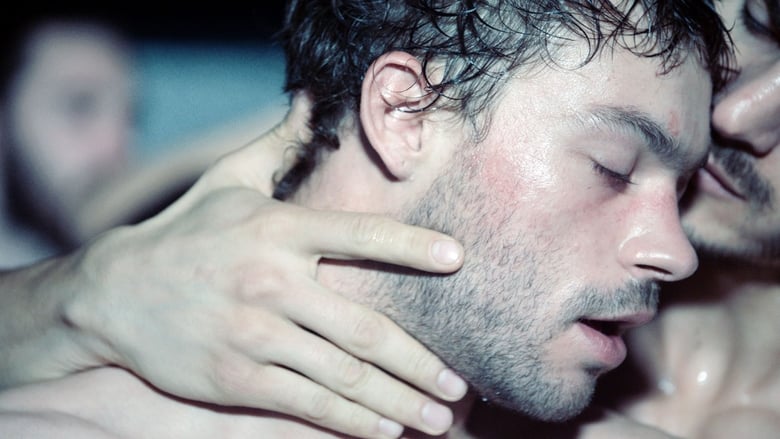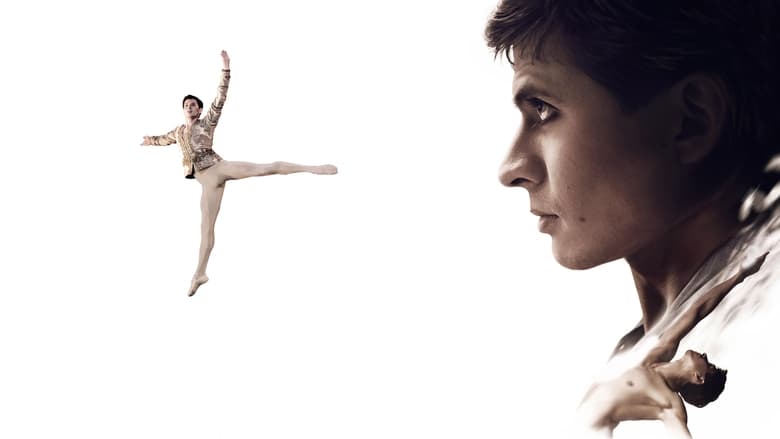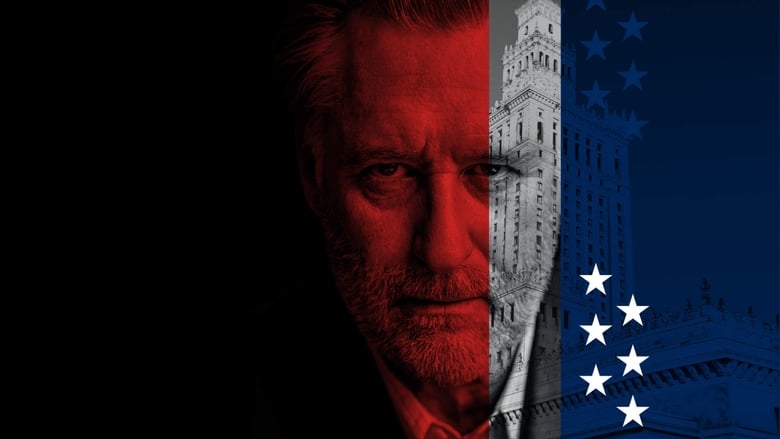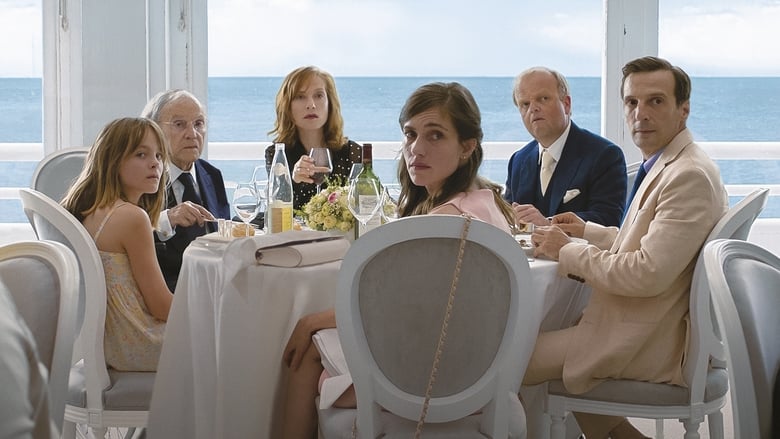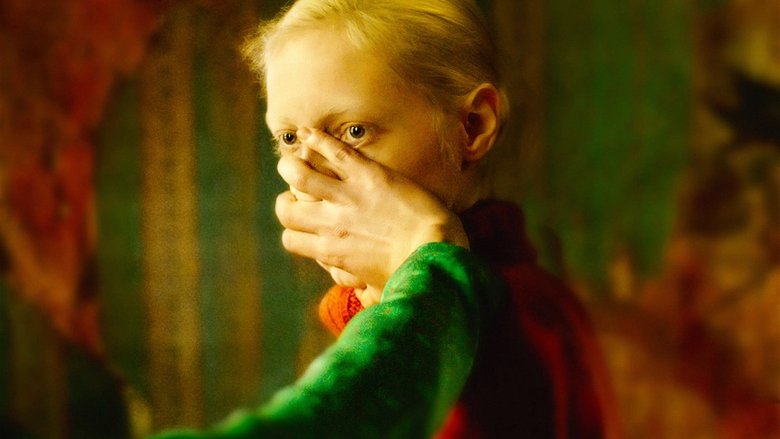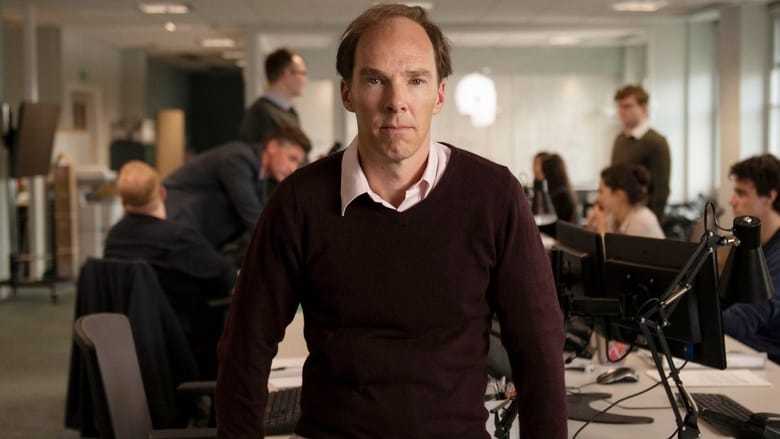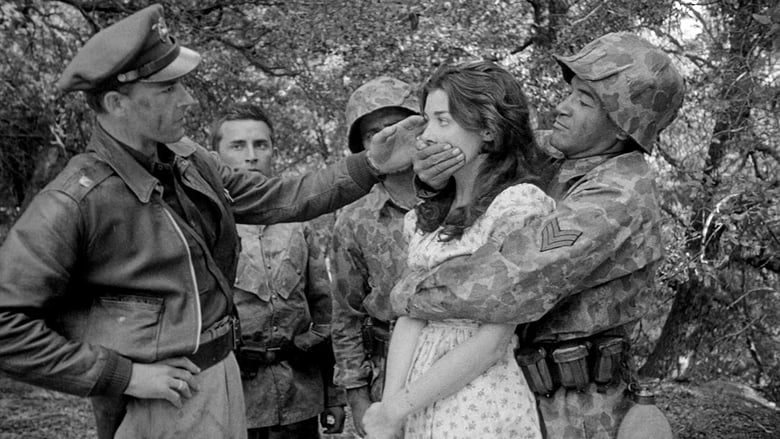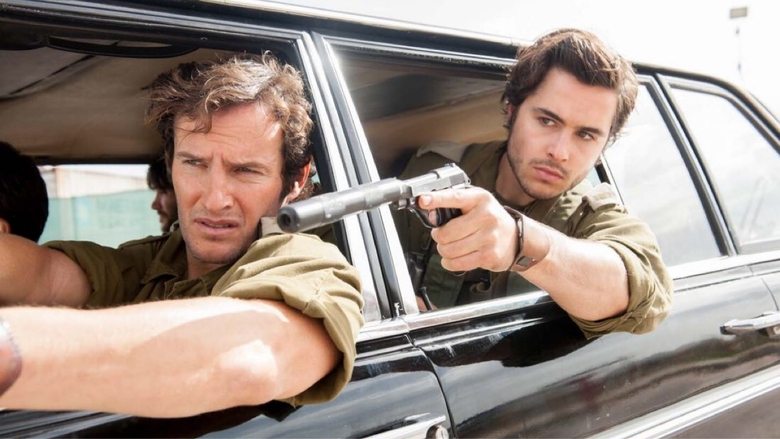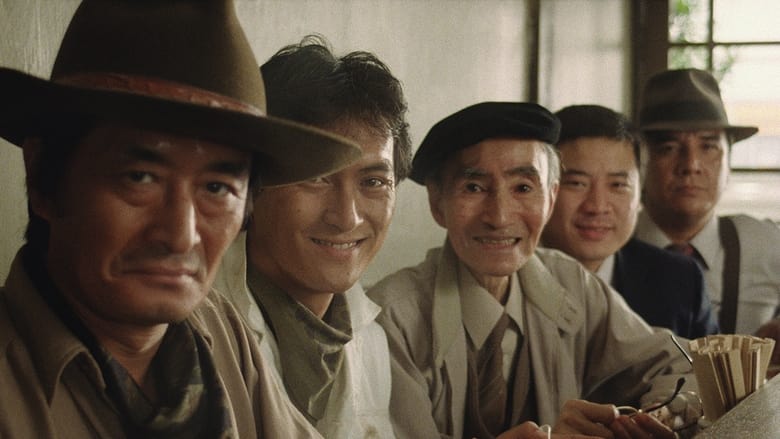Stephen Campbell
Aug 1, 2019
7/10
- Samuel Maoz; "Foxtrot is an allegory for Israeli society, trapped by its traumatic past" (Kate Taylor); The Globe and Mail (March 14, 2018)
the result of self-flagellation and cooperation with the anti-Israel narrative,Regev was furious that it had been made with Israel Film Fund money, vowing to change the rules of the Fund to exclude "anti-Israeli films". When it went on to win 10 Ophir Awards (Israel's equivalent of the Academy Awards), including Best Film, Best Director, and Best Actor, Regev was not invited to the ceremony. In response to her criticisms, Maoz stated,
if I criticise the place I live, I do it because I worry. I do it because I want to protect it. I do it from love.Regev later argued that it was
outrageous that Israeli artists contribute to the incitement of the young generation against the most moral army in the world by spreading lies in the form of art.So what got Regev so hot under the collar? In Foxtrot, Maoz constructs an allegory through which he deconstructs Israeli national myths and self-aggrandising narratives. Interrogating what he sees as a culture of denial born from a reluctance to deal with the morality and sustainability of being an occupying force, the film gets a lot of mileage out of the metaphor of the foxtrot - a dance where no matter where you go, if you follow the steps correctly, you end up back at the starting position. Applied to Israel, or indeed, any nation, Maoz is suggesting that without taking great care, countries will repeat the errors of the past, ending up exactly where they once were. The film depicts three generations of Feldmans (Michael's mother (Karin Ugowski), a Holocaust survivor now suffering from dementia, Michael himself, and Jonathan) dancing the foxtrot (literally in Michael and his mother's cases), either unwilling or unable to face up to the country's violent and traumatic past. Tied to this is the metaphor of the sinking container, with one of the soldiers stating, "we'll end up sinking completely" - the world is off-kilter, and getting worse every day. Speaking to The Globe and Mail, Maoz explains,
Foxtrot deals with the open wound or bleeding soul of Israeli society. We dance the foxtrot; each generation tries to dance it differently but we all end up at the same starting point,whilst he tells the LA Times,
I won't be naive and say there is no social or political statement in my film. But it's more broad than specific. I don't have an interest in a realistic film about a roadblock. The roadblock is a microcosm of a society - any society - that has its perception distorted by a past trauma.In a more concrete sense, in two scenes at Foxtrot, the film examines the casual sadism, unspoken racism, and braggadocious machoism that can arise from serving in the armed forces of a country perpetually at war. In the first (arguably the best scene in the film), the soldiers make a Palestinian couple stand in the pouring rain whilst their antiquated computer checks the couple's IDs. Obviously dressed for a formal night (he is in a tuxedo, she in an elegant dress), by the time the soldiers clear them to pass, their clothes are destroyed, as is her hair, and her makeup is ruined, with the soldiers even making her empty the contents of her purse onto the ground. The scene is brilliantly staged, agonisingly realistic, and takes place in real-time, with Maoz concentrating on the couple looking at one another across the roof of the car, conveying agonised helplessness, compromised innocence, understandable belligerency, and, most saliently, abject humiliation. It's a masterclass in dialogue-free storytelling, and deeply political storytelling at that. In the second scene, the soldiers act with violent impunity against a car of young Palestinians, although the act of violence itself arises from a mistake (to say much else would be a spoiler). Maoz also offers pointed criticism in a scene in the first section, when an indifferent and misogynistic officer from the military rabbinate (Itamar Rothschild) arrives to go over the funeral arrangements, condescendingly telling Michael, "a little smile can help you cope". Aesthetically, as with Lebanon, Foxtrot is fascinatingly staged. For starters, Maoz shoots each of the three sections differently, but in ways tightly tied to their thematic focus; the first is highly restrictive, trapping us in the confined ideological headspace of the Feldmans, with the intense emotionality constantly threatening to boil over; the vast wide-open vistas of the second part contrast sharply with the confinement of the first, with the entire section threaded through with surrealism and even a hint of magic realism; the third section is darker than the others (in a literal sense), with a stark visual design that emphasises only those elements that are important to the scene. A recurring composition in the first section is an overhead shot looking directly down on Michael, creating a (false) sense of omniscience. This is contrasted with the way Maoz often shoots Michael in tight close-ups, remaining on his face even when other characters are speaking. The Feldman apartment itself is extremely angular, and although it's very spacious, cinematographer Giora Bejach shoots it in such a way as to appear oppressively box-like (the fact that there is tempered glass on the doors, obscuring what's on the other side, is an important element in this). Boxes are emphasised throughout the film; the floor pattern of the Feldman living room, the container in which the soldiers at Foxtrot sleep, the dance moves of the foxtrot itself. The impression given is that the characters are fundamentally trapped - in a practical sense by the boxes with which they've surrounded themselves, and in a more metaphorical sense by the nation's psyche. Jonathan Ritzel's sound design is also notable, full of deafening sounds that seem to come out of nowhere (the buzzer for the Feldman's apartment, doors slamming etc). Especially impressive is how intimately Maoz weaves together form and content, allowing the latter to generate the former in a way most filmmakers could never dream of emulating. To give an example, in the production notes, Maoz states,
the film has a shot where you see a screen of a laptop with a notice of mourning and next to it a bowl with oranges. This frame is the story of my country in four words – oranges and dead soldiers.Foxtrot certainly won't be for everyone. Some will take issue with the pacing (which, it has to be said, is extremely languid), some with the allegorical nature of the story, some with the film's politics. For everyone else, however, this is a brilliantly realised family tragedy, dealing with the randomness of pain and loss in a country refusing to recognise its past. Maoz tells a personal story, but he also exposes the nature of a country whose moral crisis is no less severe than the crisis in which the Feldmans find themselves. Critiquing the practice of sending soldiers to die for absolutely nothing, as well as the xenophobic mindset that has crept into the zeitgeist, Maoz has been accused of making an "anti-Israel narrative." On the contrary, he is pleading with his country to change its ways, or it will repeat the errors of history; this is the act of a man who loves his country deeply, but who can see its flaws. In one of the most devastatingly heartbreaking lines I've heard in a long time, Dafna muses, "I remember thinking that I was going to be happy." Maoz is suggesting so too did the Israeli people.
